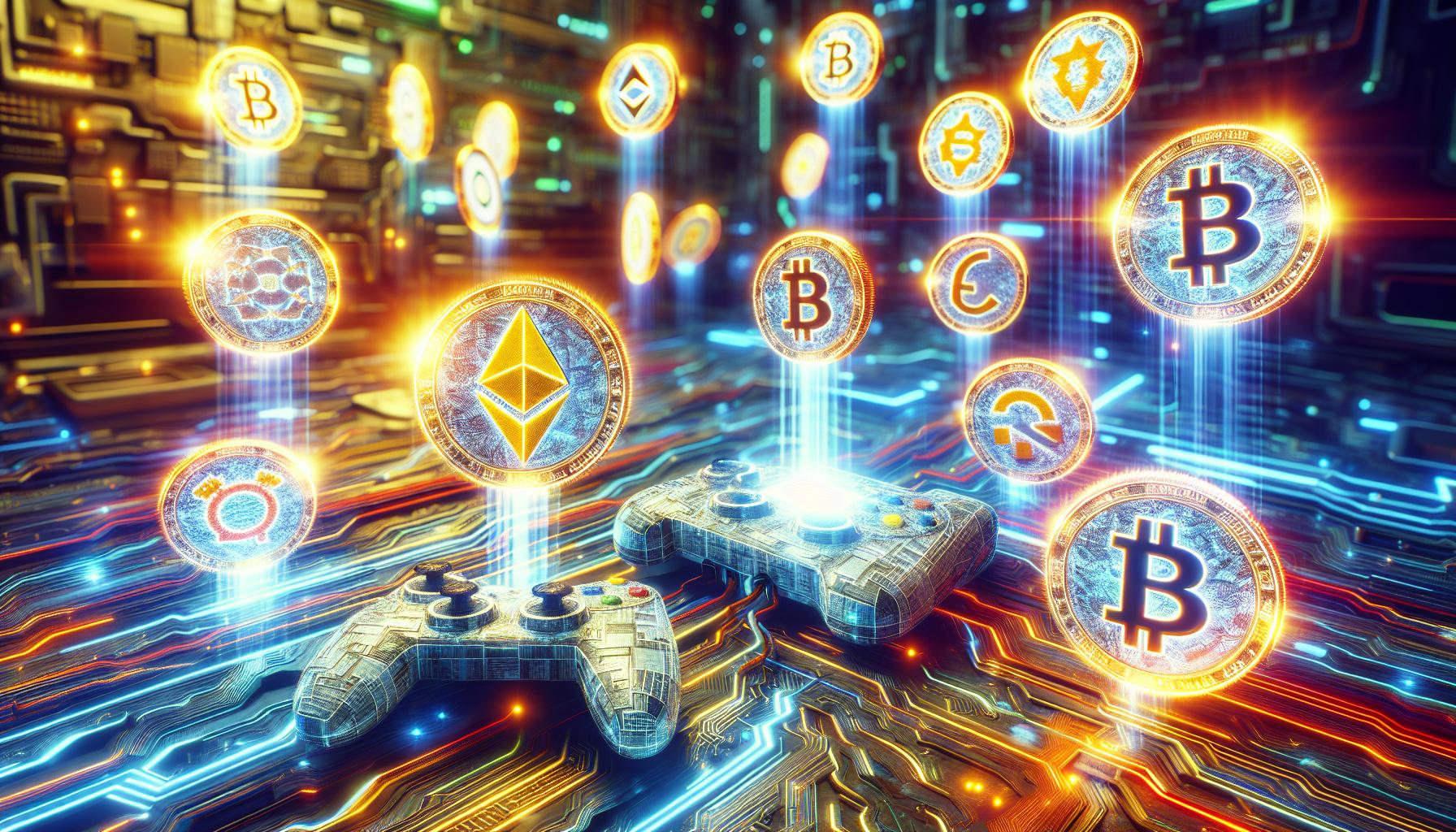The Thriving Intersection of Cryptocurrencies and Virtual Gaming
In recent years, there has been a notable convergence between the world of virtual gaming and the realm of cryptocurrencies. As the popularity of digital currencies such as Bitcoin and Ethereum continues to rise, so does their influence on virtual economies within online games. This intersection between cryptocurrencies and gaming has created new opportunities for players and developers alike, revolutionizing the way transactions are conducted and opening doors to a host of exciting possibilities.
Exploring the Impact of Cryptocurrencies on Virtual Economies
The impact of cryptocurrencies on virtual economies cannot be understated. These digital currencies have unlocked a new level of transparency and security in virtual transactions. By utilizing blockchain technology, cryptocurrencies offer a decentralized and immutable ledger that ensures fairness and prevents fraud. This has greatly enhanced the trust and reliability of virtual economies, providing players with a sense of security in their transactions.
Furthermore, the introduction of cryptocurrencies has also brought greater liquidity to virtual economies. Previously, players were often limited to using in-game currencies that had little to no real-world value. With cryptocurrencies, players can now trade their virtual assets for real money, creating a bridge between the virtual and physical worlds. This has opened up a whole new market for players to monetize their gaming skills and investments.
How Cryptocurrencies are Revolutionizing Gaming Transactions
Cryptocurrencies have revolutionized gaming transactions by enabling fast, secure, and low-cost transfers. Traditional payment methods such as credit cards or bank transfers often come with high fees and long processing times. Cryptocurrencies eliminate these barriers by providing near-instantaneous transfers with minimal fees. This has greatly improved the overall user experience and made it easier for players to engage in transactions within games.
Additionally, cryptocurrencies have also introduced the concept of programmable money to gaming. Smart contracts, powered by blockchain technology, allow for the creation of in-game assets that can be bought, sold, and traded autonomously. This automation reduces the need for intermediaries and ensures that transactions are executed exactly as programmed. This level of efficiency has streamlined the trading process and enhanced the overall economic dynamics of virtual gaming.
The Potential of Cryptocurrencies to Transform In-Game Economies
The potential of cryptocurrencies to transform in-game economies is vast. With the ability to create and program digital assets, game developers can now design games with built-in economies that are powered by cryptocurrencies. This opens up a range of possibilities, such as creating decentralized marketplaces where players can trade their in-game assets freely, or even designing games where players can earn a living through their virtual endeavors.
Furthermore, cryptocurrencies also have the potential to address the issue of inflation within virtual economies. In traditional games, developers have full control over the creation and distribution of in-game currencies, often leading to rampant inflation and devaluation. By utilizing cryptocurrencies with fixed supplies and decentralized control, developers can introduce a level of scarcity and stability to their in-game economies, creating a more sustainable and balanced gaming experience.
Unveiling the Future of Gaming: The Rise of Cryptocurrencies
As cryptocurrencies continue to gain mainstream acceptance, their role in gaming is set to expand significantly. Virtual reality (VR) and augmented reality (AR) gaming experiences are becoming increasingly popular, and cryptocurrencies have the potential to enhance these immersive worlds even further. With the ability to seamlessly transfer assets between virtual and physical worlds, players can expect a more seamless and integrated gaming experience.
Moreover, as blockchain technology evolves and becomes more scalable, the integration of cryptocurrencies into gaming is likely to become even more seamless and efficient. This could lead to a future where players have full ownership and control over their virtual assets, with the ability to transfer them seamlessly between different games and platforms.
In conclusion, the intersection of cryptocurrencies and virtual gaming has opened up new possibilities and transformed the way transactions are conducted within games. By providing transparency, security, and programmable money, cryptocurrencies have revolutionized virtual economies and empowered players to monetize their gaming skills. With their potential to transform in-game economies and shape the future of gaming, cryptocurrencies are poised to play an increasingly vital role in the gaming industry.













